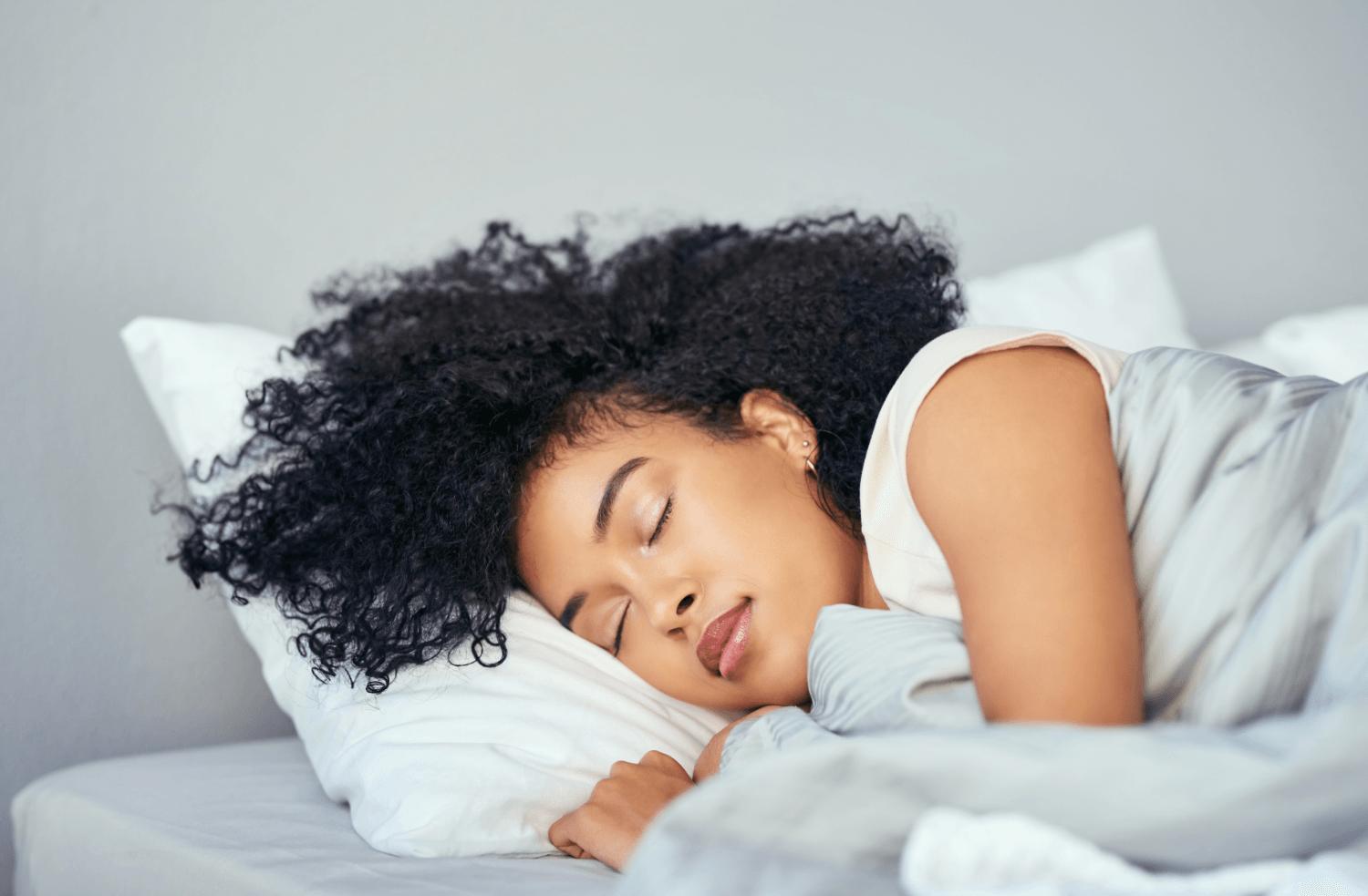When it comes to Magnesium and sleep, the research is contemporary but clear: a lack of Magnesium negatively impacts sleep. That is to say, researchers recognize that magnesium plays an important role in sleep regulation, but as it is a new phenomenon, they do not fully understand the effect of magnesium on sleep behaviors.
Being deficient in magnesium has been studied as a reason behind poor and restless sleep and is now known to worsen insomnia. Individuals living with digestive diseases, diabetes, alcohol dependence and/or elderly people folks are at a higher risk of being deficient in the ever-important magnesium.
What happens in our body? How does Magnesium work?
The mineral magnesium activates the body’s parasympathetic nervous system, which is responsible for controlling our relaxation and also by regulating neurotransmitters. With sufficient magnesium, it will instruct the body to relax and unwind, and produce the hormone melatonin, which controls the body’s sleeping/awake cycles. Then, magnesium attaches itself to the gamma-aminobutyric acid receptors (called GABA), which can take our bodies into a super calm state.
Thanks to its serious impact on the nervous system, magnesium is considered a great tool for sleep hygiene and getting a deep night’s sleep. That’s not all though. It is also considered extremely helpful for mood management, for people with anxiety and/or depression. It is not uncommon for both anxiety and depression to impact sleep, so magnesium can support two things at once!
The best part? If you have sufficient magnesium moving around the body, it will support keeping you sound asleep the entire night. This study highlighted that people who took magnesium supplements, had a regulated heart rate, decreased stress, and improved sleep.
Another common ailment for a good night’s sleep is restless leg syndrome (RLS) which can even be caused by a magnesium deficiency. Magnesium is in stopping RLS because it can support muscle relaxation through its calcium blocking abilities which calm and regulates both nerves and muscles, rather than activating them.
Unlike melatonin, magnesium is a form of sleep aid, and it is not required to be taken right before sleep. Magnesium will not make you super drowsy or knock you out. Rather, it will support calming and relaxing you and is best to be taken around one hour or so before settling down for the night.
Trouble sleeping is super frustrating and can result in serious implications for your health. If you experience regular difficulty sleeping, the best thing to do is speak to your healthcare provider to confirm that there are no underlying sleep disorders or other concerns which are impacting your lack of sleep.
If not, you can turn to magnesium supplements, which you can also speak to your doctor about if you have any concerns or questions. Your doctor may suggest increasing your magnesium through your diet (ie: leafy greens, dark chocolate) but this is not always possible, and the best solution for you may be NutriMagic’s Magnesium supplement which is are completely natural and vegan.


Leave a comment